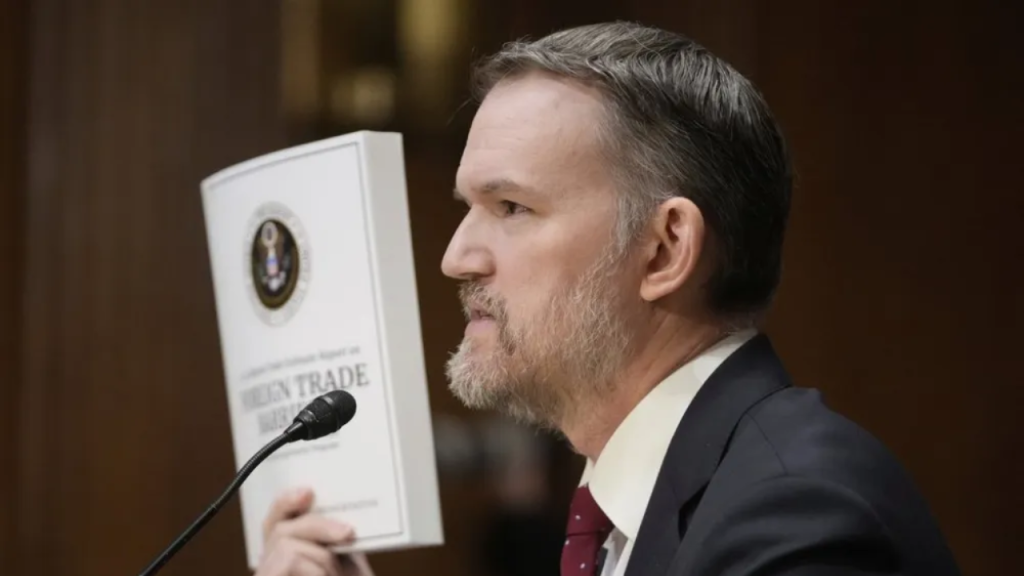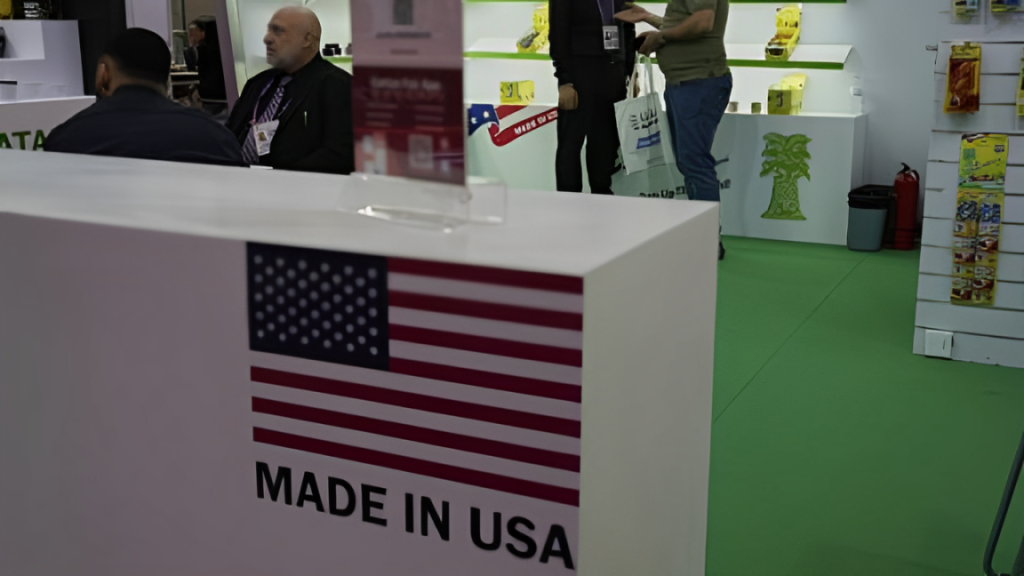
The White House has urged Colombia to hold off on enforcing new auto safety regulations that could disrupt nearly $700 million worth of U.S. car exports.
The call comes as both countries gear up for trade talks following recent U.S. tariffs on key Colombian exports such as coffee, avocados, flowers, and oil.
In a letter addressed to Colombia’s Ministry of Commerce, U.S. Trade Representative Jamieson Greer warned that the proposed changes in vehicle certification standards could lead to a “total cessation” of U.S. automotive exports to the South American country.
The letter, dated April 11, was leaked to local media and obtained by the Associated Press.
Greer’s letter also suggested that if Colombia moves forward with the new rules, it could be seen as an “unfair trading practice” and may trigger swift enforcement measures from the U.S. side.
While Colombian Minister of Commerce Cielo Rusinque declined to comment directly on the letter, she acknowledged in a Tuesday radio interview that auto safety regulations would be among several topics up for discussion during the upcoming bilateral trade talks.
Since 2021, Colombia has been working on new technical safety requirements—covering brakes, seatbelts, tires, and windows—for vehicles and parts sold in the country.
These requirements align with international safety protocols developed by the United Nations.
The Colombian government now wants all car manufacturers exporting to Colombia to secure third-party certification to verify compliance with these standards.

However, the U.S. trade office argues that vehicles built in the U.S. already meet federal safety regulations, and that Colombia has not offered any evidence showing those standards to be inadequate.
A recent report on global trade barriers from the U.S. Trade Representative’s office pointed out that American manufacturers have told U.S. officials they currently lack the resources to meet the proposed third-party verification process.
This auto dispute comes just months after the U.S. and Colombia narrowly avoided a trade war over immigration deportation flights.
Back in January, Colombian President Gustavo Petro temporarily refused to accept deportation flights from the U.S., citing concerns over the inhumane treatment of Colombian citizens during the process.
In retaliation, former President Donald Trump threatened to impose steep 25% tariffs on Colombian exports, including its agricultural and oil sectors.
That dispute was quickly resolved, with Colombia resuming deportation flights, most of which are now handled by its own Air Force.
However, tensions flared up again earlier this month when Trump implemented new emergency economic measures, hitting Colombian exports with 10% tariffs.
In response, Colombia sent formal letters to U.S. officials requesting the start of negotiations to address the new trade penalties. The government fears these tariffs could deal a major blow to its agricultural sector.
The stakes are high: the U.S. is Colombia’s largest trade partner, purchasing roughly 30% of its exports each year. Since the 2012 U.S.-Colombia Free Trade Agreement, American exports to Colombia—ranging from corn and soy to machinery and chemicals—have also grown significantly.
Last year, the U.S. recorded a $1.3 billion trade surplus with Colombia, reflecting the deep commercial ties between the two nations.
